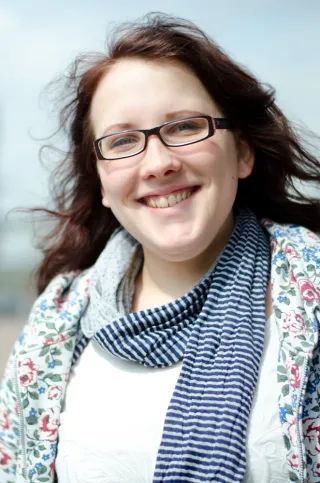Master 1 subject
International Gender Studies, Master 1 subject
- What is gender?
- How is gender generated and what are the consequences thereof for the individual and society?
- How does gender perception change in different cultural, social and historical concepts?
- How does gender relate to other social categories such as age and provenance?
- How does social inequality arise?
Profile |
|
|
Degree
|
Master of Arts
|
|
Start
|
Winter semester
|
|
Duration
|
4 semesters
|
|
Classroom language
|
German, English
|
|
Admission
|
Not restricted, application service
|
rub


